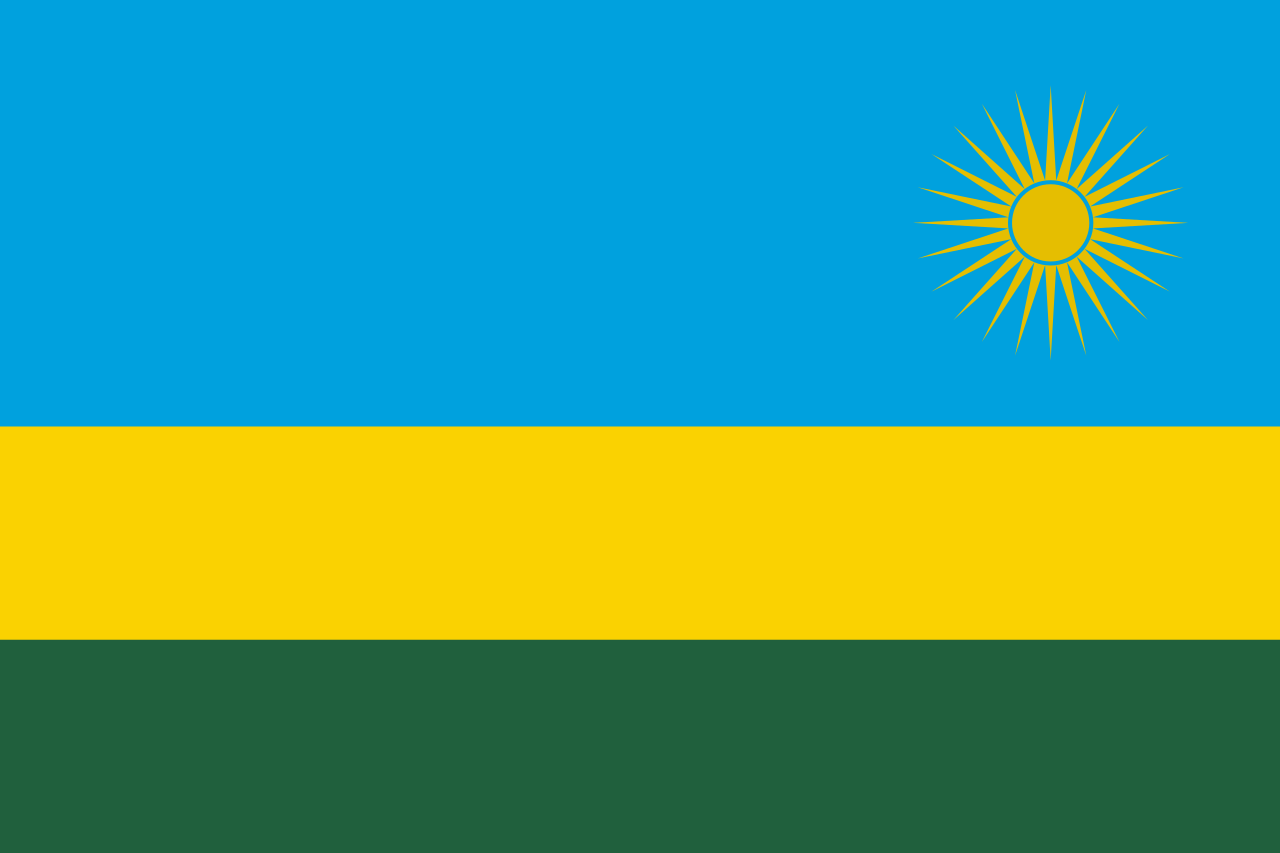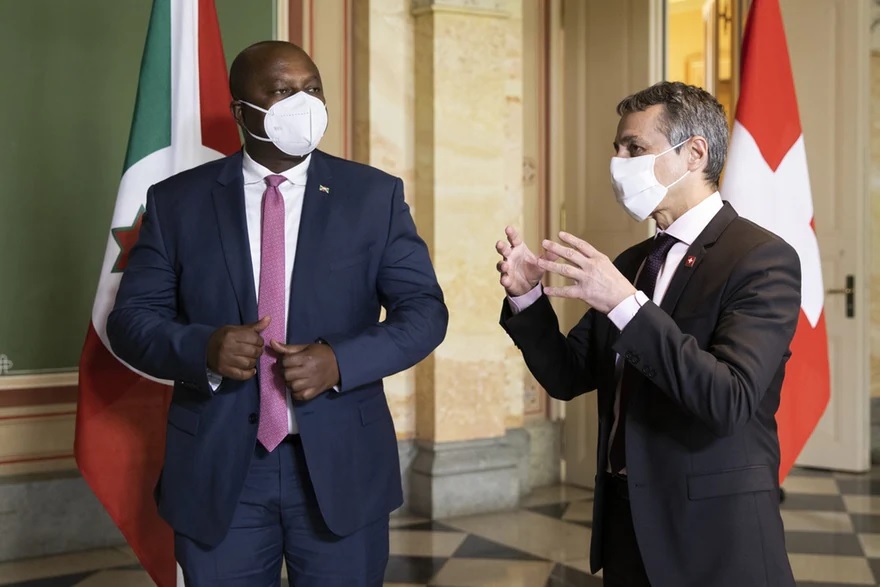French lead prosecutor Remy Heitz said Monday that the investigations carried out by the French government could not prove direct involvement of French troops in the Rwandan genocide and asked the investigating magistrates to drop the case.
The investigation centers on the 991-page report that was published by the Research Commission on the French Archives relating to Rwanda and the Tutsi genocide, known as the Duclert Commission. In March, the Duclert Commission’s report found that France was not complicit in the Rwandan genocide, but that France bears responsibility for its failure to act. Although the report cleared France of complicity with the massacre of 800,000 people, the report said, “France was involved with a regime that encouraged racist massacres. It remained blind to the preparation of a genocide by the most radical elements of this regime.”
The investigation targets five French military officers who were involved with the UN-backed Operation Turquoise. At this time, no charges have been brought by the investigating magistrates and, with Heitz’s recommendation to drop the claims, it is likely that the case will be dropped. In a statement, Heitz said that the Duclert report “did not make it possible to establish that the French forces could have been guilty of the crimes of complicity in genocide and crimes against humanity,” and that the inquiry failed to establish the existence of any “help or assistance from the French military forces during the carrying out of the atrocities.”
Although the Duclert Commission found that France was not complicit in the genocide, the complementary report issued by the Rwandan government and prepared by Robert Muse of the US-based law firm Levy Firestone Muse found that French political interests in Africa were directly responsible for France’s complacency and failure to take action in the early days of the Rwandan genocide. The Muse report found that “the effect of the French presence in Rwanda and its conscious indifference to Tutsi suffering was to create a sense of impunity amongst the perpetrators that would grow and find its fullness in the Genocide.”
The claims were originally brought in December of 2005 by human rights activists and survivors of the genocide. The final decision for whether the claims will be dropped is at the discretion of the French investigating magistrates. - Robert Kaufman | U. Pittsburgh School of Law, US / JURIST











